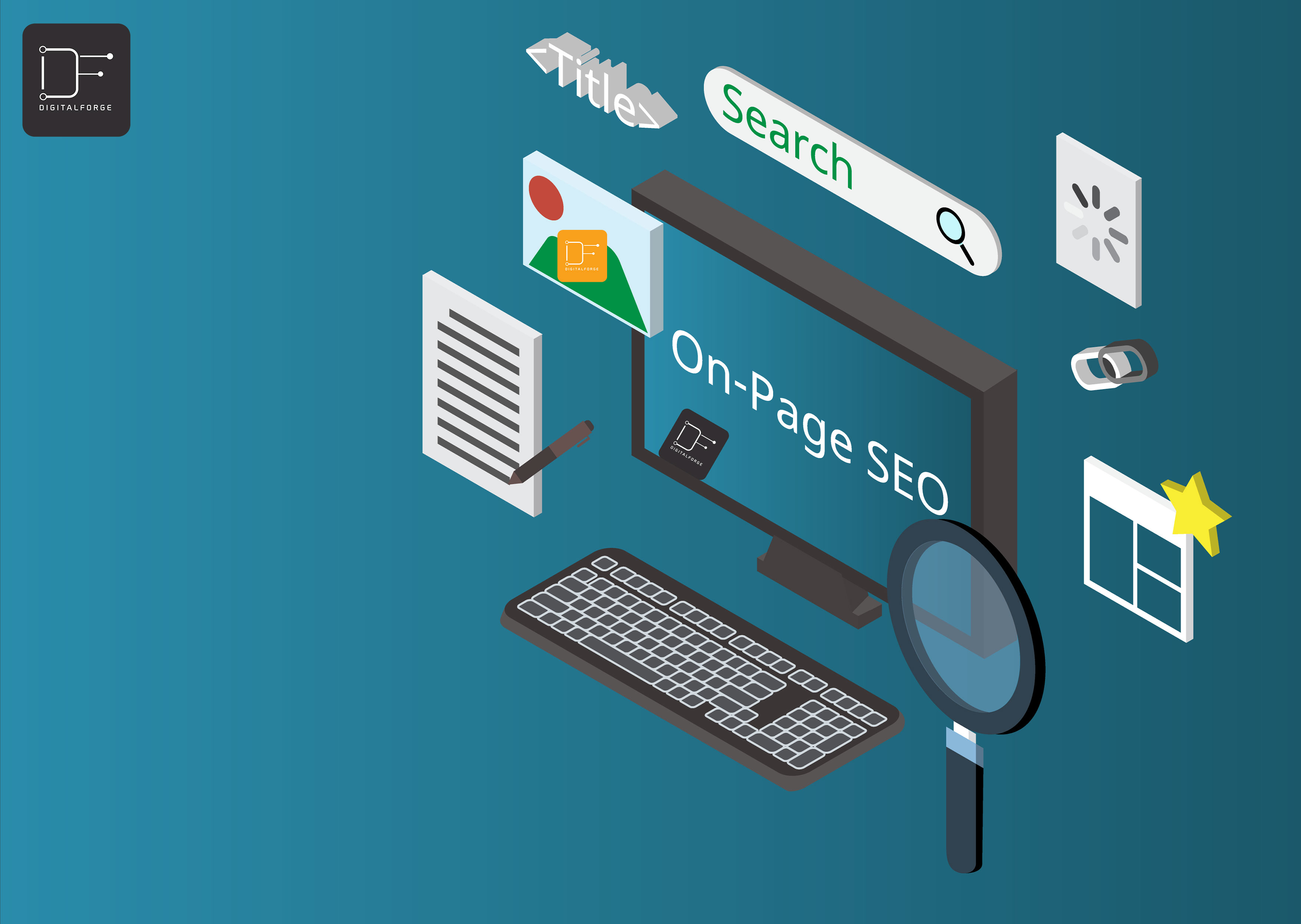On-Page SEO: The Importance of Optimizing Individual Web Pages
When it comes to search engine optimization (SEO), many people focus on off-page factors such as link building. However, on-page SEO is just as important for achieving high search engine rankings and driving relevant traffic to your website. In this article, we will explore what on-page SEO is, why it matters and how to optimize your website’s individual web pages for search engines.
What is On-Page SEO?
On-page SEO refers to the practice of optimizing individual web pages in order to rank higher and earn more relevant traffic in search engines. This includes optimizing the content, images and other elements of a web page to make it more appealing to both search engines and users.
Why is On-Page SEO Important?
On-page SEO is important for several reasons. Firstly, it helps search engines understand the content on your website. This is important for achieving high search engine rankings and driving relevant traffic to your website. Additionally, on-page SEO helps ensure that your website is user-friendly and easy to navigate. This can improve the overall user experience and encourage visitors to stay longer on your website.
Want to fully optimize your website? Don’t miss our blog on Off-page SEO. It covers building backlinks, increasing online presence and improving visibility for better search engine rankings. Together with On-page SEO, you’ll have a complete strategy for website success and more traffic.

How to Optimize Your Website’s Pages for Search Engines
Optimize the Page Title and Meta Description Tags
The page title and meta description tags are two of the most important on-page SEO elements. The page title should include the main keywords for the page. And the meta description should provide a brief summary of the page’s content. Both of these tags should be unique for each page on your website.
Use Header Tags to Organize Content
Header tags (H1, H2, H3, etc.) are used to organize content on a web page. They help search engines understand the structure of the page and the importance of different pieces of content. The H1 tag should be used for the main title of the page and H2 and H3 tags can be used for subheadings.
Use Keywords in the Page URL and throughout the Content
Including keywords in the page URL and throughout the content helps search engines understand the topic of the page. However, it’s important to use keywords naturally and not stuff them in unnaturally.
Use Alt Tags to Describe Images
Alt tags are used to describe images on a web page. They help search engines understand the content of the image and can also be used to provide a text alternative for users who are visually impaired.
Create High-Quality, Unique Content
Creating high-quality, unique content is important for on-page optimization. Not only does it help search engines understand the topic of the page, but it also encourages visitors to stay longer on your website and share your content.
Use Internal Linking to Connect Pages on Your Website
Internal linking helps search engines understand the structure of your website and the importance of different pages. It also helps visitors navigate your website and find related content.
Optimize Page Load Time
Page load time is an important factor for both search engines and users. A slow-loading website can negatively impact search engine rankings and drive visitors away.
Use Schema Markup to Help Search Engines Understand the Content on Your Page
Schema markup is a type of code that helps search engines understand the content on your web page. It can be used to provide additional information such as the author, date published and more. You can use Google Search Console Insights tool for this purpose.
Use Social Media Tags
Use social media tags (Open Graph, Twitter Cards) to control how your content appears when shared on social media.
In conclusion, On-page SEO is important for improving website’s visibility and getting more relevant traffic. It includes techniques like using the right title, description, header tags, keywords, images and links. By using these techniques, your website will have a better chance of ranking higher in search engines and reaching the right audience.

